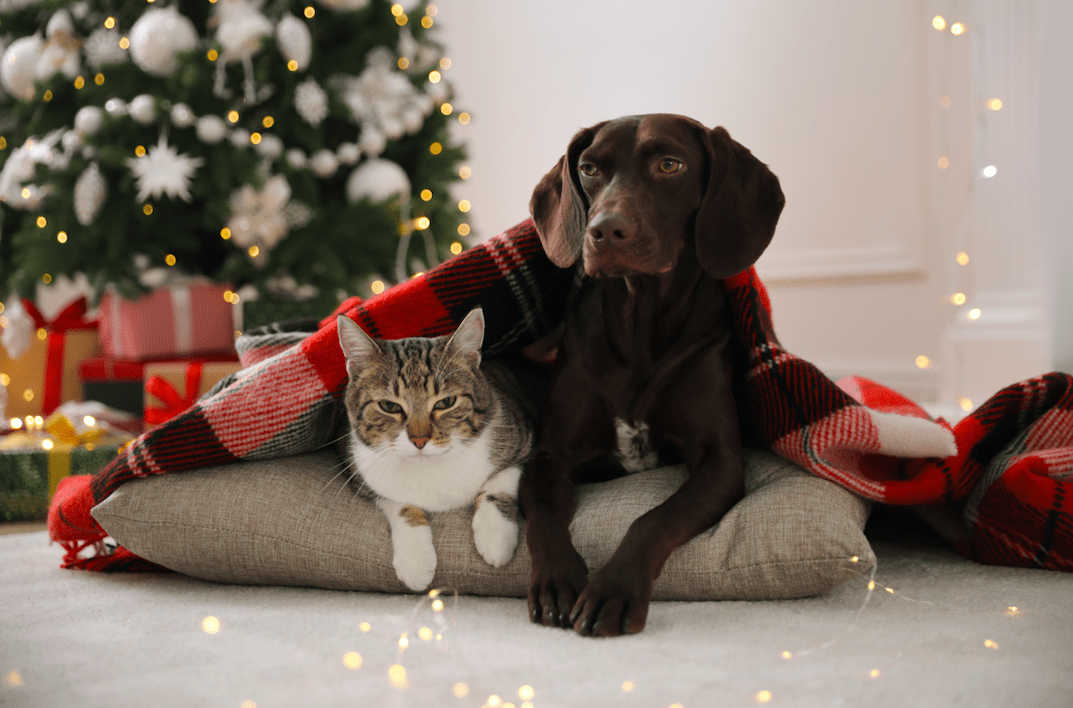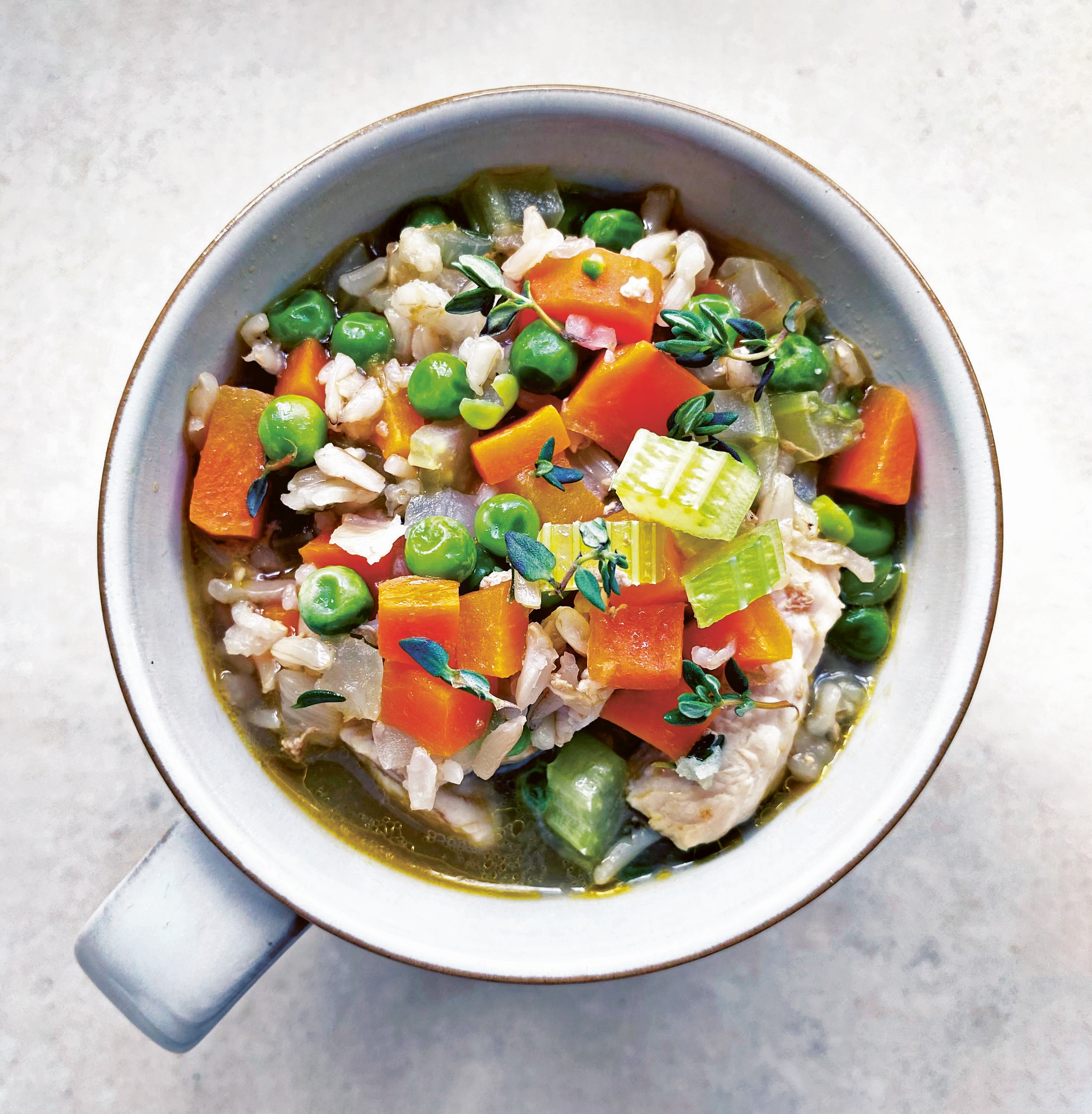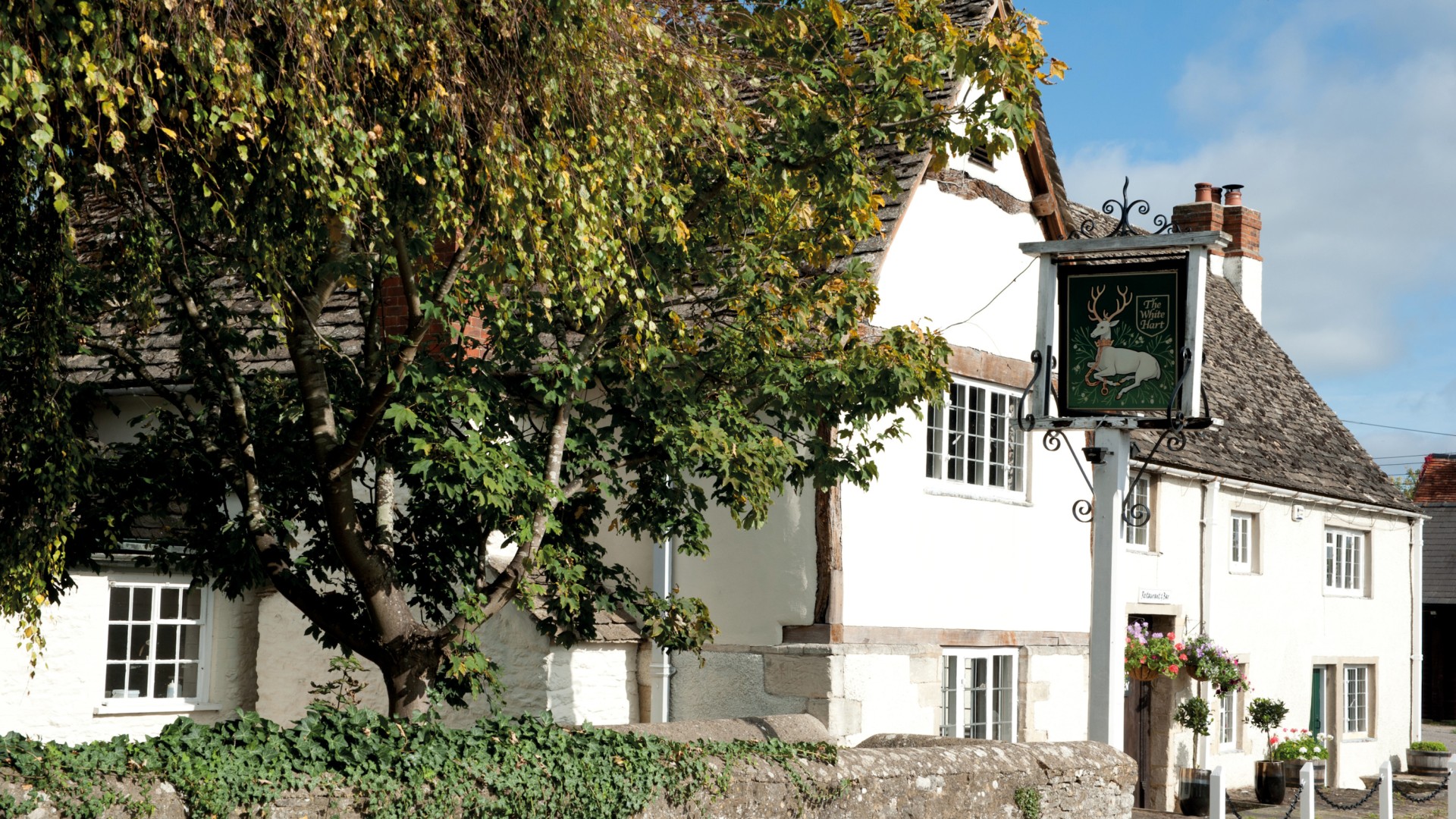Christmas would not be Christmas without some festive food treats but some of the foods that we eat at Christmas can cause serious illness, and even death to our furry friends.
Although they may be attracted to the sweet taste of chocolate, consumption could prove fatal. The stimulant ‘theobromine’ is found in chocolate which is toxic for dogs and if eaten can cause kidney failure. For cats, it is the methylxathines in chocolate which can cause issues, including vomiting, diarrhoea, high body temperature, tremors, and seizures. This substance can also be found in caffeinated beverages.
We might enjoy eating nuts at Christmas but what can be considered healthy for humans, should be avoided by dogs and cats. Also, dried raisins can cause kidney failure so hold off on slipping cakes, biscuits, Christmas pudding or mince pies under the table at tea time.
The artificial sweetener Xylitol, found in low-fat, diet and sugar free products (including some peanut butters and human toothpaste), can cause severe hypoglycaemia in dogs as it activates an insulin release. For dogs this can then be linked to liver failure and blood clotting disorders.
Both dogs and cats are lactose intolerant and should not consume products containing undiluted milk or cream. Whilst they are puppies and kittens feeding off their mother’s milk, they will be able to produce lactose. However, as they start to pass infancy, their bodies cut production of this enzyme to minimal levels, resulting in your pet’s inability to digest it, causing an upset stomach.
The old saying ‘give your dog a bone’ can have serious consequences. Any type of poultry bone, whether raw or cooked should be avoided as they can easily splinter causing serious consequences. Better to give your dog a raw, uncooked marrow bone to chew on or buy them a raw hide bone from a pet shop. Cats should not be fed raw meat, bones or raw eggs as these can lead to salmonella or E.coli poisoning. Cats can easily choke on raw bones and injure their digestive tract or damage their teeth. Raw eggs can lead to skin and coat problems; conversely, if you give your cat cooked scrambled or boiled egg it will provide them with a healthy treat full of amino acids and protein.
Should your pet have the misfortune to eat something they should not, please seek emergency veterinary advice.









